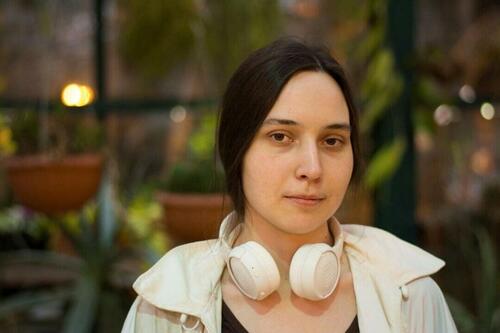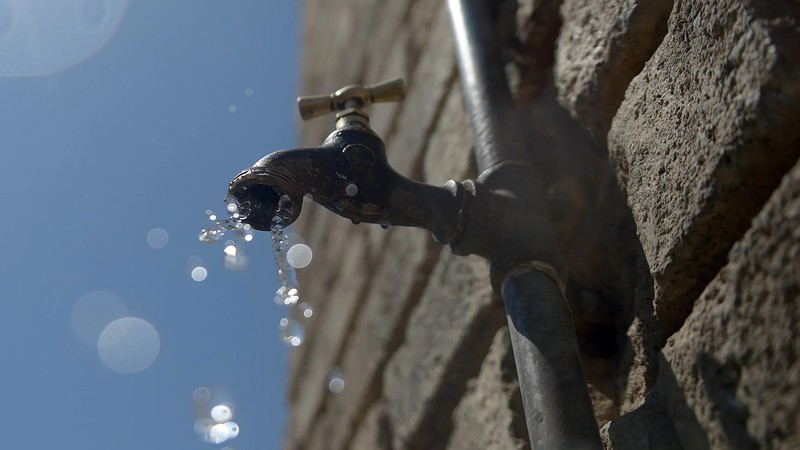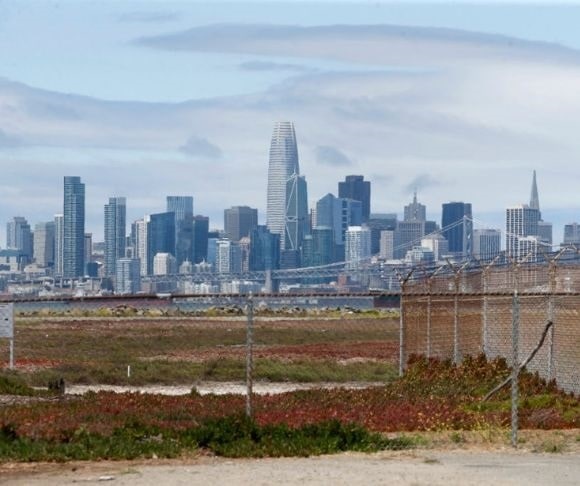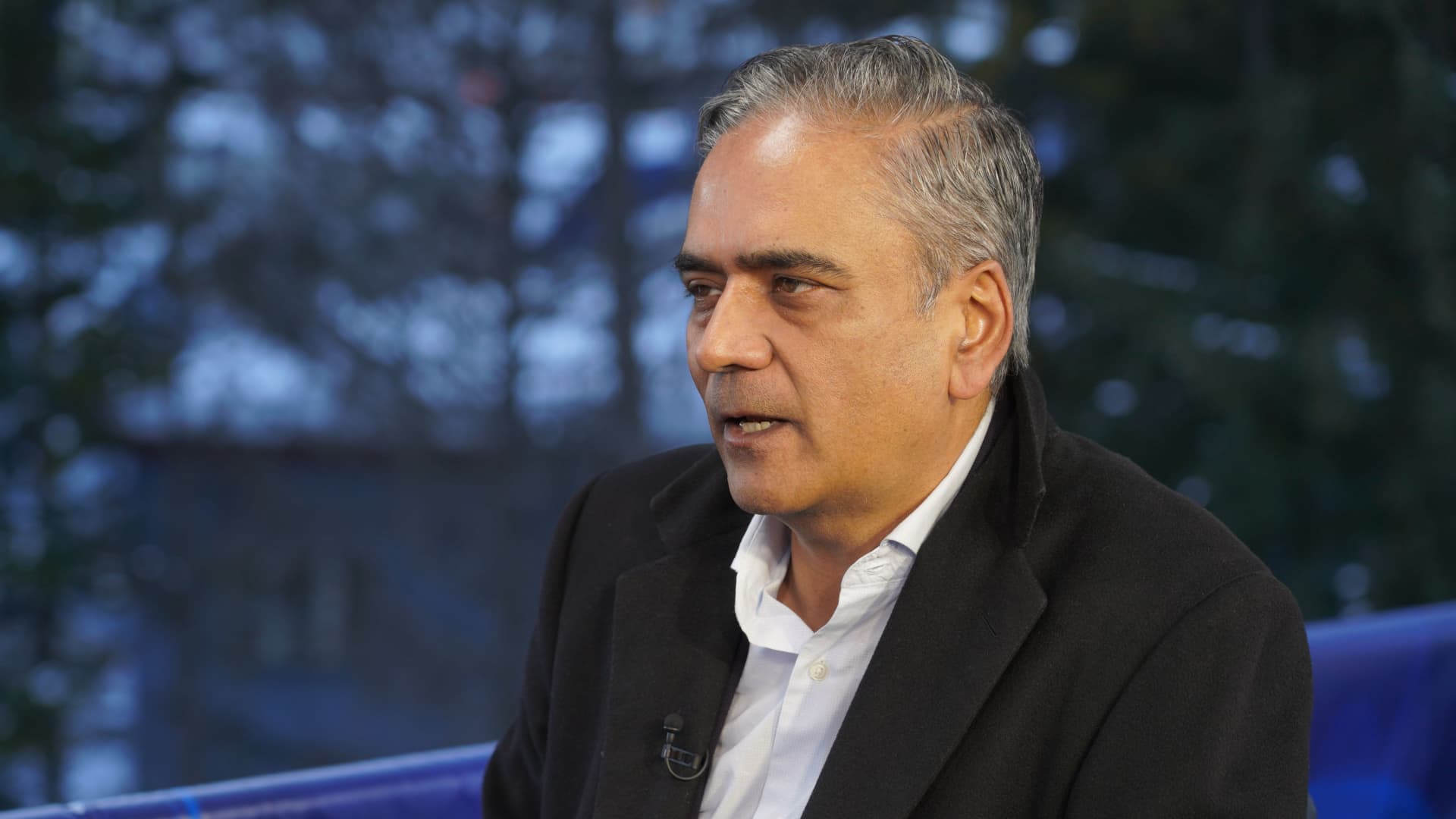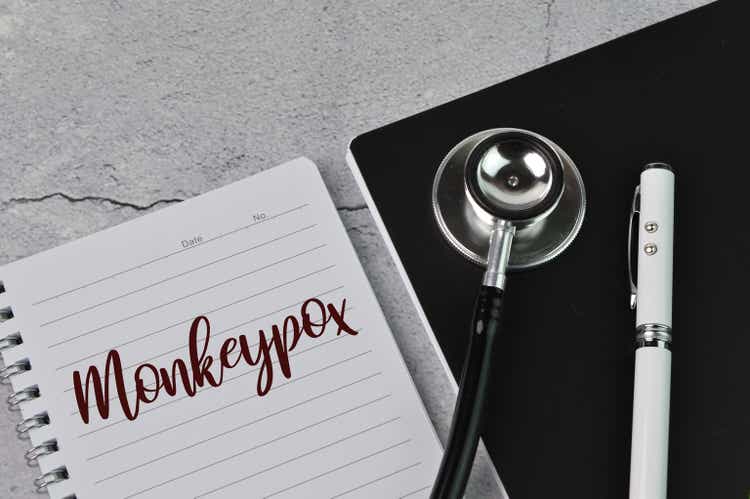When Covid-19 began in early 2020, most experts predicted India could face disastrous consequences. But the unprecedented and extraordinary response of the government under the personal and constant supervision of Prime Minister (PM) Narendra Modi belied such doomsday predictions. India emerged stronger from the pandemic, setting an example of scientific and technological resilience for both the developed and developing world. PM Modi’s successful handling of the pandemic at a time when many developed countries, including China, struggled with Covid-19 management is now a success story cited worldwide. Under him, India has emerged as the “bright spot”.
Not only did India succeed in protecting its population, but it also sent vaccines to other countries, thus proving to the world its capability of developing the first-ever DNA vaccine and nasal drop vaccine within two years. The success story of the Covid Vaccine Yatra under PM Modi is, therefore, a case study.
Early in the pandemic, it was clear that vaccines would play a crucial role in combating the spread of the virus. Globally, vaccine development efforts by industry and academia picked up the pace. Impressively, Indian efforts in Covid-19 vaccine development were on a par with global developments. India’s first vaccines for Covid-19, Covaxin and Covishield, were accorded Emergency Use Authorisation (EUA) by the government in early January 2021. The first dose was administered in mid-January 2021; the rest is the history of billion doses.
For India, the immunisation programme faced two challenges. On the one hand, vaccinating more than one billion people was challenging. On the other, the Covid-19 vaccines manufactured outside India were not readily accessible and affordable. In this scenario, the exemplary vision and leadership of the Union government were crucial. It was unanimously felt that indigenous capabilities must be leveraged to combat Covid-19. The government launched the Atmanirbhar Bharat Abhiyaan (self-reliant India campaign) to fight the pandemic, and a special economic package was rolled out. Available resources were channelised towards a comprehensive response to the pandemic, and rapid indigenous vaccine development was prioritised.
The timely launch of Mission Covid Suraksha enabled the accelerated development of Covid-19 vaccines for India. The department of biotechnology (DBT) was recognised as the nodal department for consolidating Covid-19 vaccine development efforts in India. DBT implemented this mission through a dedicated Mission Implementation Unit at Biotechnology Industry Research Assistance Council (BIRAC). Bridging the gap between industry and academia, BIRAC helped bring stakeholders from industry, academia, and government to collaborate on vaccine development and production.
The National Biopharma Mission and Ind-CEPI Mission (India Centric Epidemic Preparedness mission aligned with the global Coalition for Epidemic Preparedness Innovations) were expanded and consolidated under Mission COVID Suraksha. Mission COVID Suraksha has developed four vaccines and created the necessary infrastructure for future vaccine development.
Notable vaccines supported under this mission that received EUA are ZyCoV-D (world’s first DNA vaccine), CORBEVAXTM (a protein subunit vaccine), GEMCOVAC™-19 (heat stable mRNA-based vaccine) and iNCOVACC (India’s first nasal vaccine). In addition, two of DBT’s autonomous institutes, Translational Health Science and Technology Institute (THSTI), Faridabad, and National Institute of Immunology (NII), New Delhi, provided animal models and immunological and neutralisation assays to vaccine manufacturers for validation of their vaccine candidates.
The Modi government has also prioritised the generation of scientific evidence regarding Covid-19 vaccinations. THSTI and NII were also at the forefront of conducting scientific studies on post-vaccination immune responses. THSTI’s study demonstrated that T cell response is largely conserved in prior infected and vaccinated individuals, even against the Omicron variants. A study on the immunological effectiveness of Covaxin by NII showed a robust immune memory against spike and nucleoprotein persisting for up to six months post-vaccination.
DBT also built capacities in neighbouring countries through the Partnerships for Accelerating Clinical Trials programme and online training sessions on Strengthening Clinical Trial Capacities in Neighbouring Countries. Two thousand four hundred participants from 14 neighbouring and friendly countries (Afghanistan, Bahrain, Bhutan, Bangladesh, Gambia, Kenya, Myanmar, Maldives, Mauritius, Oman, Nepal, Somalia, Sri Lanka, and Vietnam) participated in the series.
India’s response to the pandemic highlighted the underlying strengths of our scientific and technological prowess. DBT has been a critical enabler in this process; the end-to-end vaccine development and manufacturing ecosystem created and nurtured by DBT was optimally utilised during the pandemic. Moreover, the strong research and translation ecosystem created and nurtured by Indian science agencies will be the bedrock of Atmanirbhar Bharat.
The Modi government is committed to scaling up an innovative, vibrant, and integrated science and translation ecosystem with public-private partnerships to develop novel products and technologies for society.
Jitendra Singh is minister of state (independent charge) for science and technology and earth sciences
The views expressed are personal


